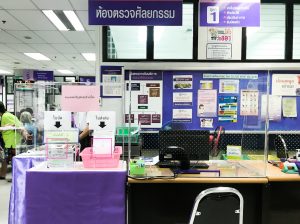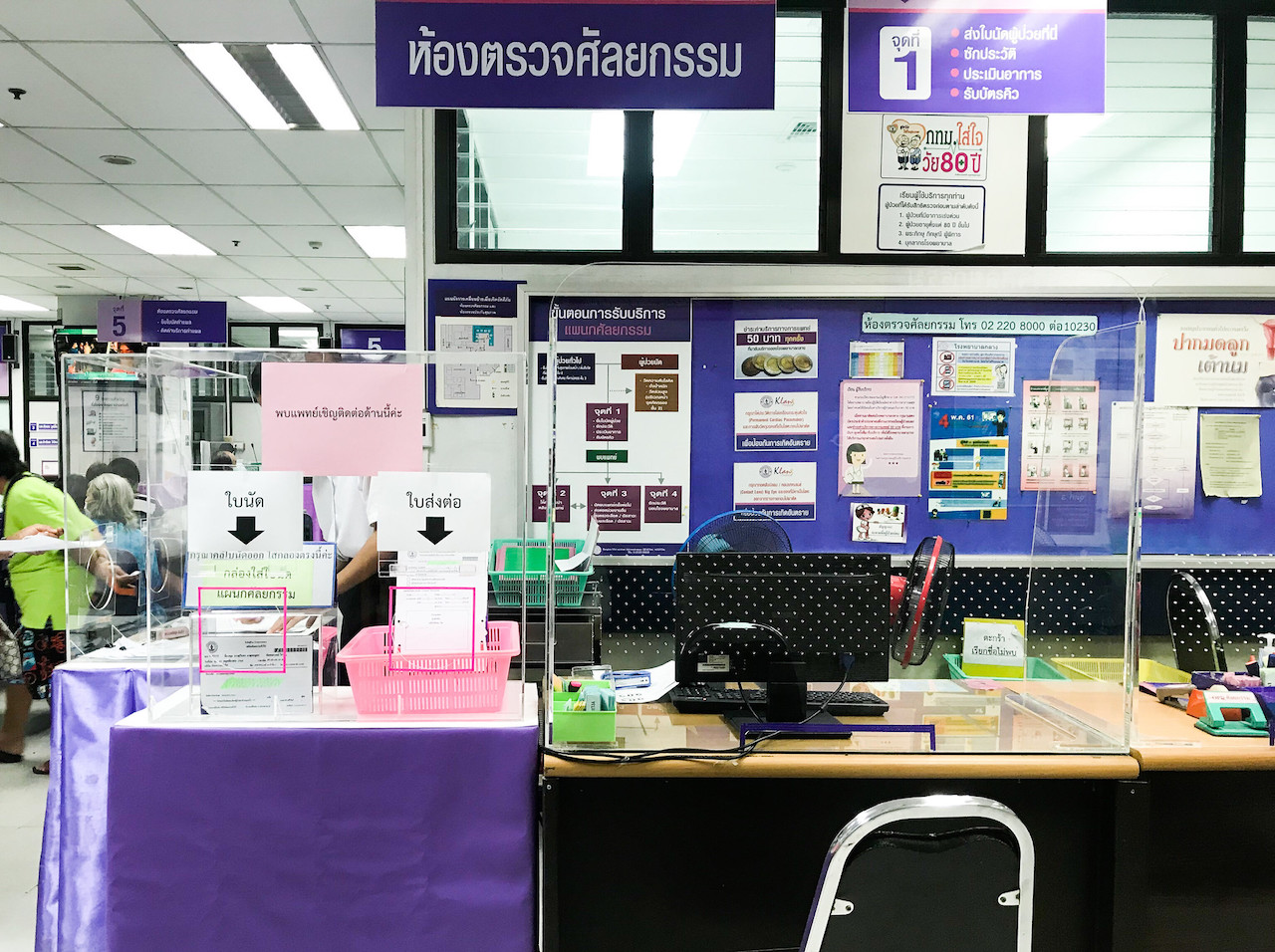The iPhone 16 sales ban in Indonesia persists as government officials have rejected multiple offers from Apple to comply with the country’s strict local content requirements. Despite Apple’s proposed investments, the Indonesian Ministry of Industry has deemed them insufficient to meet the mandated regulations.
iPhone 16 launch draws huge crowds in Thailand
Indonesia, the fourth-largest smartphone market in the world, requires that at least 40% of components in smartphones sold in the country be manufactured locally. The regulation, introduced to boost domestic industries, has posed challenges for multinational corporations with complex global supply chains.
In October 2024, Apple failed to meet these requirements, resulting in a nationwide ban on the sales of its flagship iPhone 16 series.
Well, well, well: despite being banned for sale in Indonesia, the iPhone 16 is finding its way into the country, as it turns out! https://t.co/cq9lHppzE3
— PhoneArena (@PhoneArena) January 14, 2025
Apple has made several attempts to negotiate with Indonesian authorities, including:
1. Initial Investments:
– Apple proposed a $100 million investment for local initiatives but was turned down as inadequate.
2. $1 Billion Proposal:
– Apple later offered a $1 billion investment to establish a manufacturing facility in Batam, focusing on producing AirTag tracking devices.
However, the government rejected this, stating that the investment did not contribute directly to iPhone manufacturing and therefore did not meet local content requirements.
3. Supply Chain Adjustments:
-Apple explored sourcing components such as batteries or displays locally but has yet to reach agreements with Indonesian suppliers.
Officials from the Ministry of Industry have reiterated that:
– Apple must directly incorporate locally manufactured components in its iPhone production to meet the 40% threshold.
– Investments in unrelated products or initiatives, while appreciated, do not fulfill the legal requirements for smartphone sales.
The Ministry has emphasized its commitment to fostering domestic manufacturing and has pointed to successful compliance by other smartphone brands as evidence that the regulations are achievable.
The ban has created an opportunity for competitors like Samsung and Xiaomi to capture a larger market share in Indonesia. Consumers eager to purchase the iPhone 16 have resorted to importing devices at higher costs, often bypassing official channels.
Indonesia stands to gain from increased local production, but prolonged negotiations with Apple could delay potential economic benefits. Indonesia represents a significant growth market for Apple, and the ban could impact its sales figures in the region.
Industry analysts suggest that Apple may need to make substantial changes to its supply chain strategy or consider partnerships with Indonesian manufacturers to resolve the standoff. Some argue that the company’s global production model, focused on economies of scale, may make compliance difficult without significant costs.
iPhone 16 sales ban remains in Indonesia; officials reject offers https://t.co/EIJRAijwnf #android #tech
— Android Headlines (@Androidheadline) January 14, 2025
Apple has not ruled out further discussions with Indonesian authorities and is exploring additional investment opportunities to meet the local content threshold.
This case sets a precedent for how multinational corporations navigate localization demands in emerging markets.
Thailand condemns meme about selling organs and buying iPhone 14
Indonesian Apple fans may have to wait longer for the iPhone 16 to become officially available or pay premiums for imported devices.
-Thailand News (TN)






















+ There are no comments
Add yours